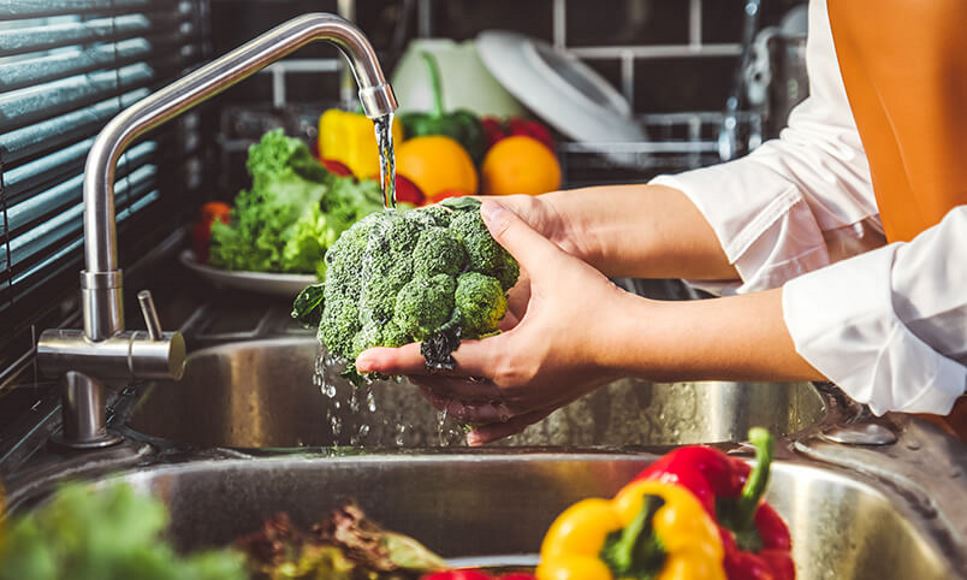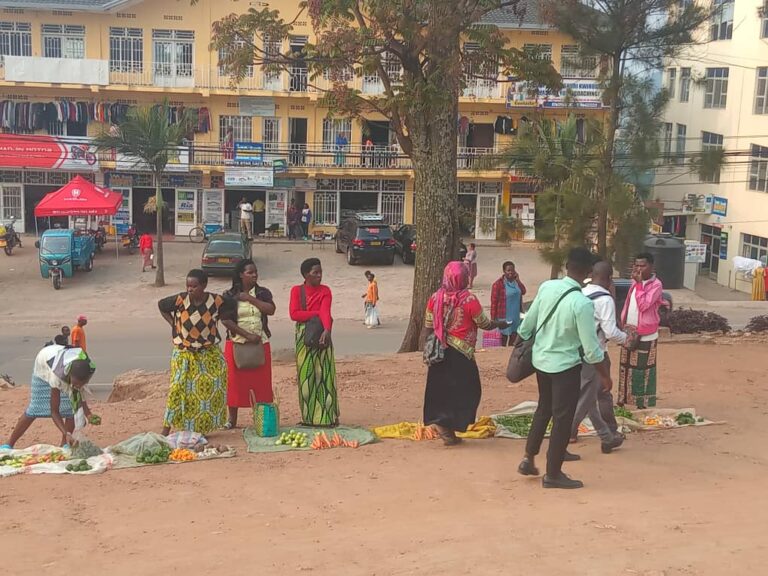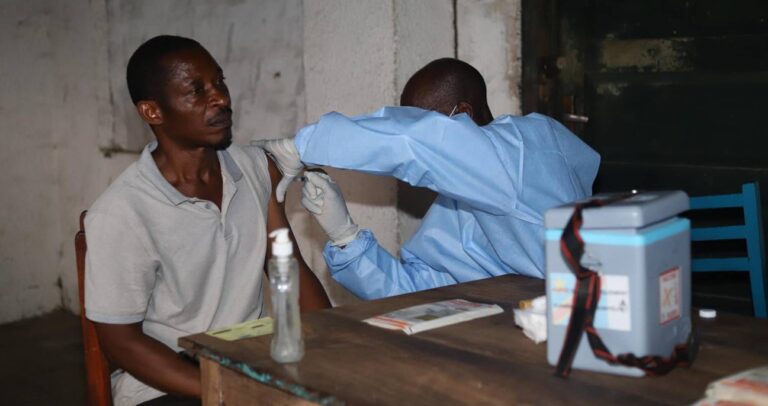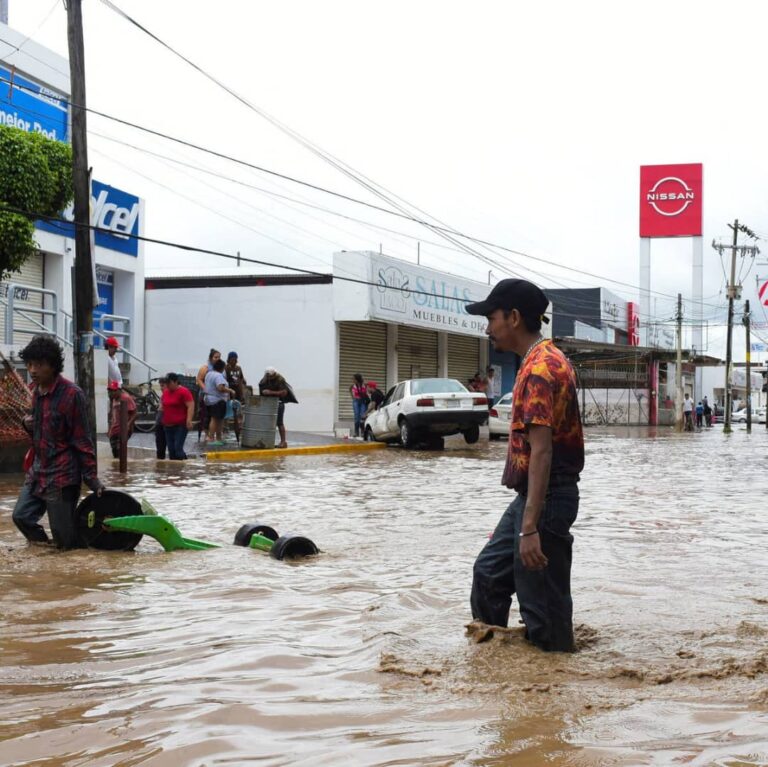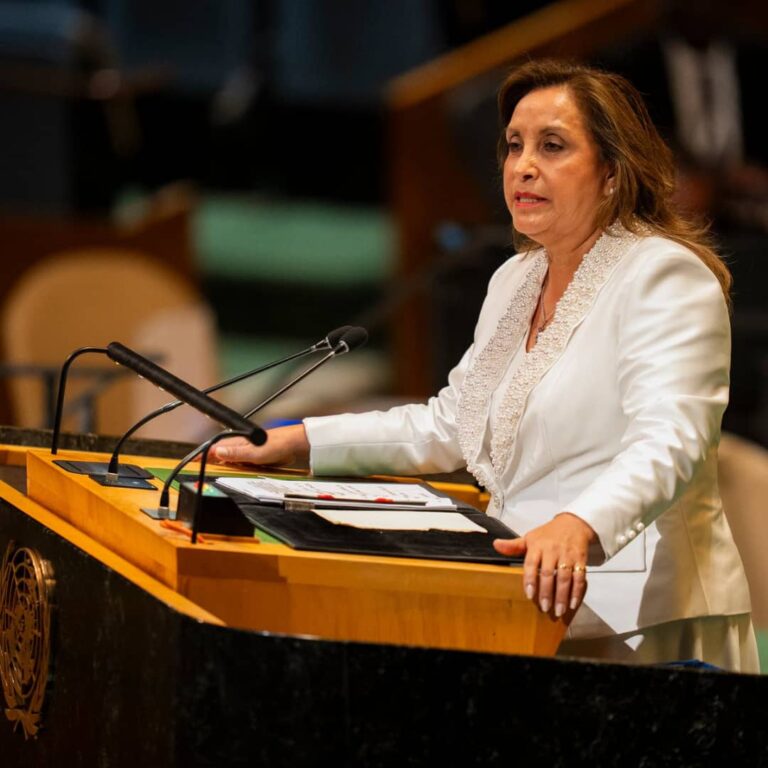Yesterday, June 7, around the globe, nations marked World Food Safety Day under the powerful theme: “Food Safety: Science in Action.”
This year’s observance is a timely reminder that safe food is not a privilege—it is a fundamental human right. And behind every safe bite is science: tested, trusted, and transformative.
In today’s world, where food systems are stretched by population growth, climate change, urbanization, and global trade, the safety of what we eat cannot be left to chance. It must be driven by knowledge, innovation, and collective responsibility.
Science is not simply a contributor to food safety, it is its engine. From soil to shelf, scientific evidence guides how we grow, harvest, process, preserve, and distribute food. It enables early detection of contaminants, promotes smart regulation, and supports rapid response to foodborne outbreaks.
This year’s theme, “Science in Action,” calls for visible, practical applications of research—from strengthening microbial surveillance and food traceability systems to improving packaging technologies and fortifying local capacity.
It invites governments, academic institutions, producers, and consumers to transform science into safeguards.
Food safety is inseparable from the One Health vision—a framework that acknowledges the deep interconnection between human, animal, and environmental health. A single breakdown in the food chain—be it due to poor hygiene, antibiotic misuse in livestock, or contaminated irrigation water—can have devastating ripple effects on public health and ecosystems.
Through the lens of One Health, food safety is no longer a siloed concern. It becomes a strategic pillar of disease prevention, climate resilience, and global health security. Strengthening agrifood systems with a One Health mindset is not just wise—it is essential.
At the heart of every thriving society lies a safe, reliable, and inclusive agrifood system. Ensuring food safety across entire value chains—from smallholder farms to large-scale processing—means investing in education, empowering women and youth, enforcing standards, and encouraging collaboration between science, policy, and community practice.
As we push for resilient food systems, safety must be the foundation. It underpins nutrition, supports trade, protects biodiversity, and builds public trust. Without it, food security is incomplete.
World Food Safety Day 2025 is more than a date on the calendar. It is a clarion call to action—a moment to reflect, realign, and recommit. We are all part of the solution: researchers developing new detection methods, farmers embracing climate-smart practices, policymakers designing evidence-based regulations, and consumers making informed choices.
Let us move forward with purpose, placing science at the center of every food decision. Let us elevate food safety from technical compliance to a culture of care, where protecting health and life becomes non-negotiable.
Safe food today. Stronger systems tomorrow. A healthier world for all. Because when science takes the lead, safety follows—and everyone wins.



